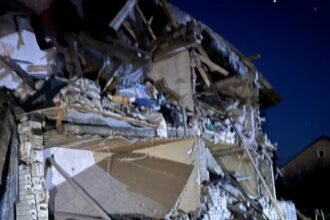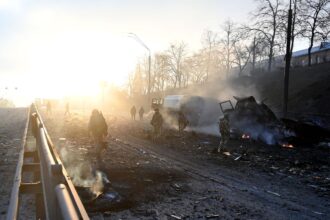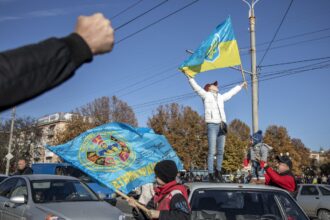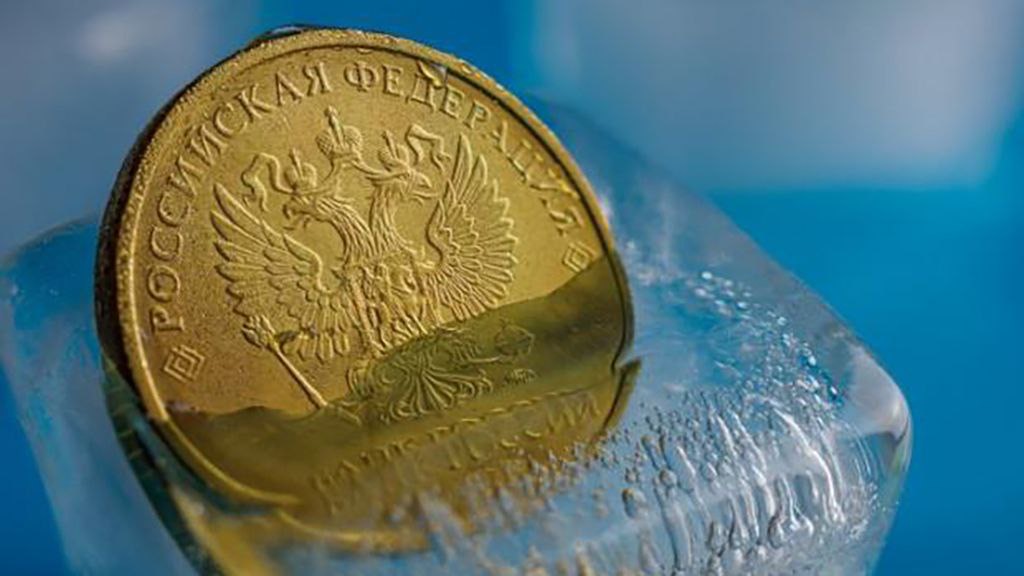The value of assets frozen had fallen by more than six times compared to the initial estimate.
The local newspaper Telegraaf reported that Dutch banks had unfrozen Russian assets worth approximately EUR560,000,000, citing documents by Foreign Minister Kasparveldkamp.
After Russia’s invasion of Ukraine in February 2022, Western nations frozen around EUR300 billion worth of Russian sovereign assets. EUR191 billion was held at Euroclear, under Belgium’s supervision. Although these funds were intended for Ukraine’s reconstruction and defense, they have not been used in any significant way despite ongoing discussions.
This is a development that follows the Dutch parliament’s announcement in January that EUR660 millions in Russian assets will be frozen. By 1 July, however, only EUR97.2 millions had been blocked.
The unfreezing was due to exceptions made for incomplete payments, and the “distancing of sanctioned owner. Notably, EUR430 millions belongs to two Russian firms, with EUR230 millions unfrozen when one company was “formally disassociated” from its Russian owner by a special structure.
The Dutch publication RTL reported that these two companies have a common Russian owner. The assets were released only after mechanisms were put in place to ensure that the sanctioned owner could not influence the companies, or indirectly access funds.
The Ministry of Economy of the country checks whether these mechanisms are in compliance with EU sanctions rules.
This situation was brought to light by new reporting requirements for financial institutions that were implemented in July, as part of EU sanctions imposed against Russia after its invasion of Ukraine. These new rules require that financial institutions report not only on assets frozen, but also any changes made to previously frozen funds including unfreezing and the reasons for them.
Read More @ euromaidanpress.com




